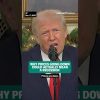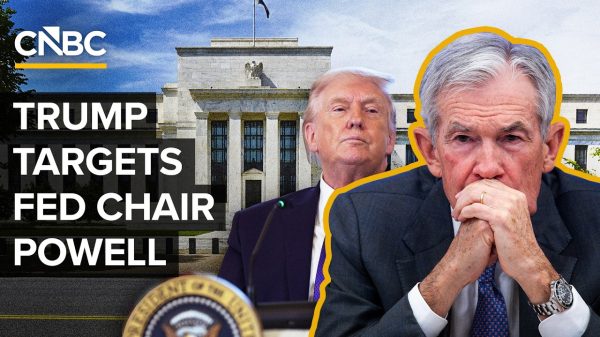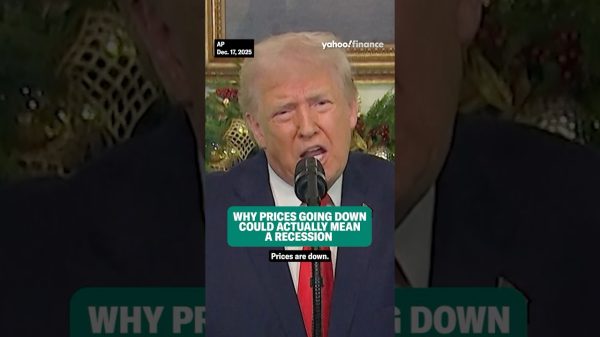By Divya Rajagopal
TORONTO (Reuters) – Quebec is in talks with battery makers and automobile companies looking to invest about C$15 billion ($11 billion) in the Canadian province over the next three years to build electric vehicle (EV) supply chains, the head of its government-owned investment company told Reuters.
Quebec is leveraging its rich critical mineral resources and an EV supply chain that it has put in place to attract companies to the province. The move is aimed at helping auto makers to diversify their supply chains and increase their reliance on reliable partners like Canada, Investissement Quebec CEO Guy LeBlanc said on Thursday.
LeBlanc said Quebec has secured C$15 billion over the past three years and another C$15 billion is coming in the next three years.
“When Quebec was putting together a plan for being a leader in North America for battery metals, it was not known as a destination for car manufacturing or making auto parts,” LeBlanc said. He added that the Canadian province decided to play to its strengths and develop a strategy to promote its critical mineral resources, including lithium, nickel and graphite.
Over the past three years, Quebec has attracted investments from auto and battery makers such as General Motors (NYSE:) POSCO (NYSE:) and Ford (NYSE:) Motors. The biggest investment was announced on Thursday when Swedish battery maker Northvolt announced plans to build a $5.2 billion plant in the province.
Canada has presented itself as an viable alternative for Western auto makers and battery manufacturers as they scramble to diversify their supply chains and reduce their dependency on China, which has a strong grip on the EV supply chain.
The Canadian government has wooed investments by providing subsidies worth C$28.2 billion for auto makers such as Stellantis (NYSE:) and Volkswagen (ETR:).
For the current Northvolt investment, it has provided subsidies worth C$2 billion, with the Quebec government offering loans, equity and tax credits.
LeBlanc said after Canada-China diplomatic relations soured following the arrest of a Huawei executive in British Columbia in 2018, Chinese investments in the critical minerals sector stopped and in some cases the equity owned by Chinese investors was bought by U.S. and Australian companies as well as the Quebec government.
“In our current process we did not solicit investments from Chinese companies, but we did receive some proposals from them teaming with European or American companies,” he said.
($1 = 1.3536 Canadian dollars)
Read the full article here











